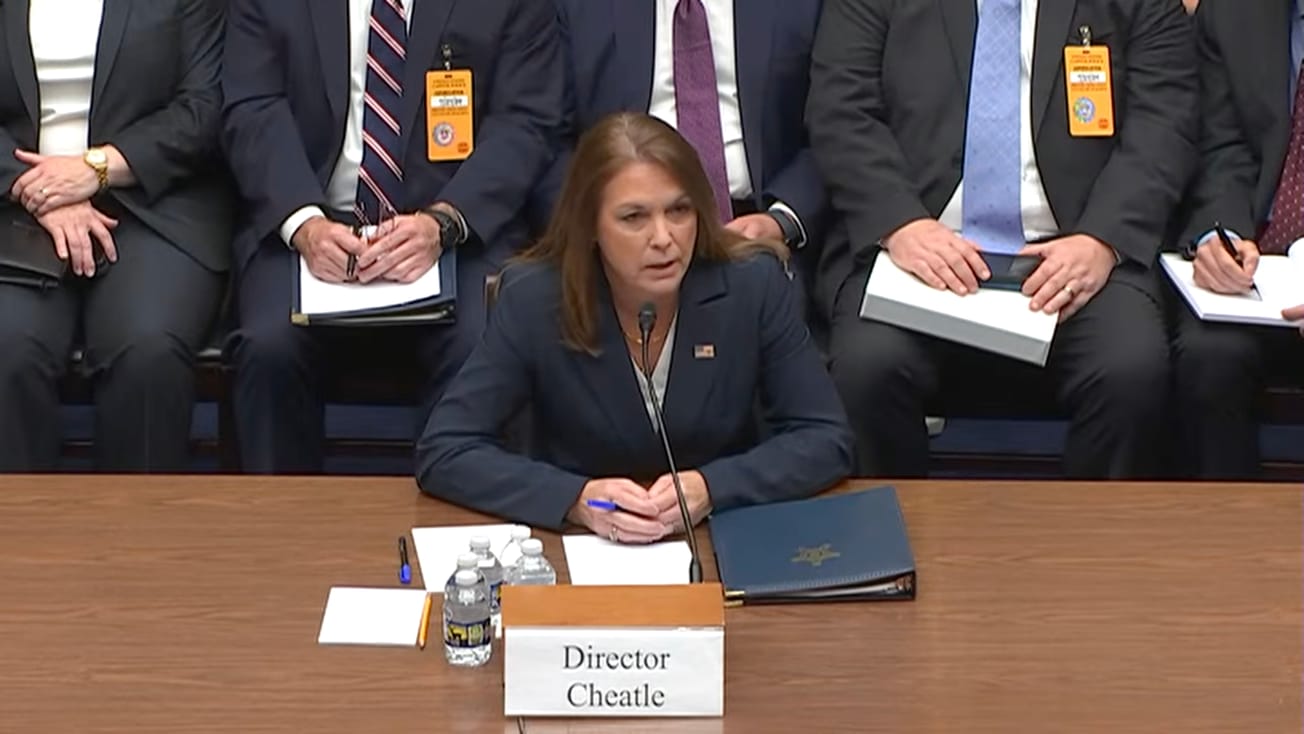The hearing set for Jan. 11-12 this week at the International Court of Justice (ICJ) in The Hague, on the case filed Dec. 29 by South Africa against Israel for genocide against the Palestinians is a battleground for survival of civilization. It is obvious that South Africa is taking leadership, showing more backbone and courage than any quarter in the West. Many, many nations are moving in support of the South Africa initiative, along with organizations, including in the Minority North. “This is the crucial battle of the week,” Helga Zepp-LaRouche said today, noting it is “just the beginning,” but calling for massive support for the South African action right away.
The specific court action at issue this Thursday, Jan. 11, is South Africa’s demand for an injunction against Israel, to stop the warfare and to observe a ceasefire. The ICJ—the World Court, as it is often called, being part of the United Nations—does not itself have the means to enforce a ceasefire, but the mobilization already underway can create the conditions to make it happen.
After the World Court received South Africa’s filing of the case last Friday, Jan. 5, the next very day, the Organization of Islamic Cooperation issued a statement welcoming the action. The OIC has 57 nations as members, and 5 nations as permanent observers, including Russia. Since then, several individual member nations have made a point of expressing their support of South Africa’s initiative, including Türkiye, Malaysia, and on Jan. 4, Jordan.
Jordanian Foreign Minister Ayman Safadi reported to the Parliament that Jordan is preparing support material for the South African case, in coordination with other nations. And Safadi said that more material is being put together by the OIC (in Jeddah) and the Arab League (in Cairo), whose Secretariats were commissioned to do so, at the time of the Nov. 11 Summit on Gaza of members of those organizations in Saudi Arabia.
In this regard, there is also increased collaboration by Russia and China with the Arab nations, notable in many public ways. This is in addition to the obvious fact that four co-BRICS member nations are in the immediate Palestine-Israel region: Egypt, Saudi Arabia, Iran, and the U.A.E. The Russia-Arab Cooperation Forum issued a call Dec. 20 for an early international conference on the Palestine-Israel crisis, at its sixth meeting since being formed in 2009. Its next meeting will be hosted this year in Moscow. The China-Arab States Cooperation Forum, with 22 participating states, is currently very active, since its founding in 2004.
Meantime the devastation in Gaza continues. The situation was summarized in one word today, “uninhabitable,” by Martin Griffiths, United Nations Under-Secretary-General for Humanitarian Affairs and Emergency Relief Coordinator, who released a statement Jan. 5 titled, “The War in Gaza Must End.”
The response from the official West? They talk the talk about “concern,” while shipping out arms to Israel. And the same applies to Ukraine. Today EU High Representative for Foreign Affairs and Security Policy Josep Borrell was in Lebanon, and U.S. Secretary of State Tony Blinken was in Türkiye, each of them speaking platitudes about how leaders in the region should practice “moderation” to not spread the crisis, and about increasing humanitarian aid. Blinken will continue to eight more nations this week: Greece (Crete), Jordan, Qatar, U.A.E., Saudi Arabia, Israel, the West Bank, and Egypt.
The position of the U.S. remains against a ceasefire and against any charge of genocide against Israel; and in Ukraine, against any negotiations for solution. On Jan. 4, Matthew Miller at the State Department said that the U.S. “is not seeing any acts that constitute genocide by Israel in its war against Hamas.” U.S. National Security Council spokesman John Kirby, also on Jan. 4, called South Africa’s IJC case against Israel, “meritless, counterproductive and completely without any basis in fact whatsoever.”
Zepp-LaRouche today made the point that “We are in the middle of a never-before happening earthquake,” but it is not at all apparent to most upper echelons currently in power. However, the cracks in the system are underway. She gave a number of examples of recognition from France, where even media coverage now points out shifts inside the U.S., and other changes.
Le Monde reports that in the U.S. at present, the line is no longer that Washington will militarily back Ukraine “as long as we should,” but rather, “as long as we could.” Libération reports that the West is losing the entire Global South and that it is time to wake up. Other French media point out that the West is asking the Global South for their support for Ukraine war-making against Russia, which is not in their interest, and the case of Gaza is far worse. Jacques Attali, the well-known political figure, has remarked that Hamas is bad, but Netanyahu is worse.
Now is the time to get out support messages to South Africa, and spread the message far and wide. The dividing line is clear. There are hundreds of groups, including the Schiller Institute, which have signed on to a joint statement issued Dec. 30, “Letter Calling on States To Support
South Africa’s Genocide Convention Case Against Israel at the ICJ.”
Individuals and groups associated with the International Peace Coalition have initiated various support actions, and there is a draft “Clergy of Conscience” statement which may be released soon.
We all must mobilize. Spread the word especially to youth (of all ages), including inviting them to the Jan. 20 Schiller Institute international dialogue with Helga Zepp-LaRouche.









